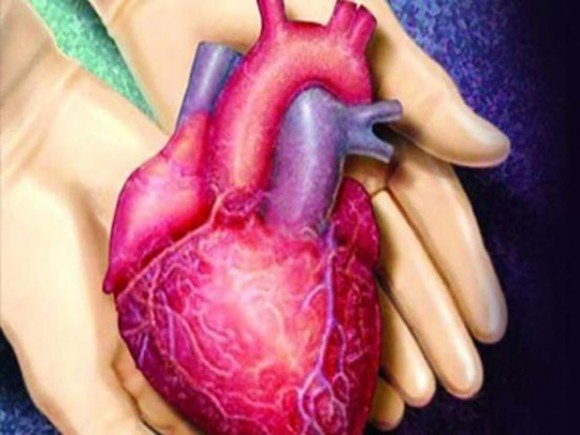Health
Excess iron in body may cause liver damage: Doctors

New Delhi, March 25: Excess build-up of iron in the body -- Hemochromatosis --can damage the liver. This action is genetic and the excess iron, if left untreated, can damage joints, organs, and eventually be fatal, said doctors on Friday.
They said that the disease though being genetic was still a matter of concern because symptoms often don't appear until a person is 40 years of age or older.
"Usually this is genetic but some may also acquire it through blood transfusions, certain blood problems, liver disease or binge alcoholism. Symptoms often don't appear until a person is aged 40 or older. This is because extra iron builds up slowly throughout the person's life," said Jaspreet Singh, who is associated with the Gasteroenterology Department of Ram Manohar Lohia hospital.
According to doctors, men are more likely to have too much iron build up in the body as women get rid of the extra iron through blood during menstrual cycles or pregnancy.
"When the levels of iron are high it leads to damaging every organ and tissue. Hemochromatosis can be treated to prevent serious problems. But without treatment, hemochromatosis will continue storing iron in the body," said Ravinder Pal Singh Malhotra, Director at the city-based Center for Liver.
Stating that physical examination is necessary to diagnose hemochromatosis followed by a blood test to confirm it, Malhotra said that as it is an autosomal recessive disorder, there are 80 per cent chances of it getting passed on to the next generation.
Doctors said that the Type 1 of hemochromatosis called Classic Hemochromatosis (HHC), is a leading cause of iron overload disease and quite common. People with HHC (too much iron) absorb extra amounts of iron from the daily diet. The human body cannot rid itself of extra iron.
Over time, these excesses build up in major organs such as the heart, liver, pancreas, joints, and pituitary. If the extra iron is not removed, these organs can become diseased. Untreated hemochromatosis can be fatal.
Malhotra said that in later stages of hemochromatosis, the patient can also witness diabetes, loss of sex drive, impotence, heart failure and liver failure.



































